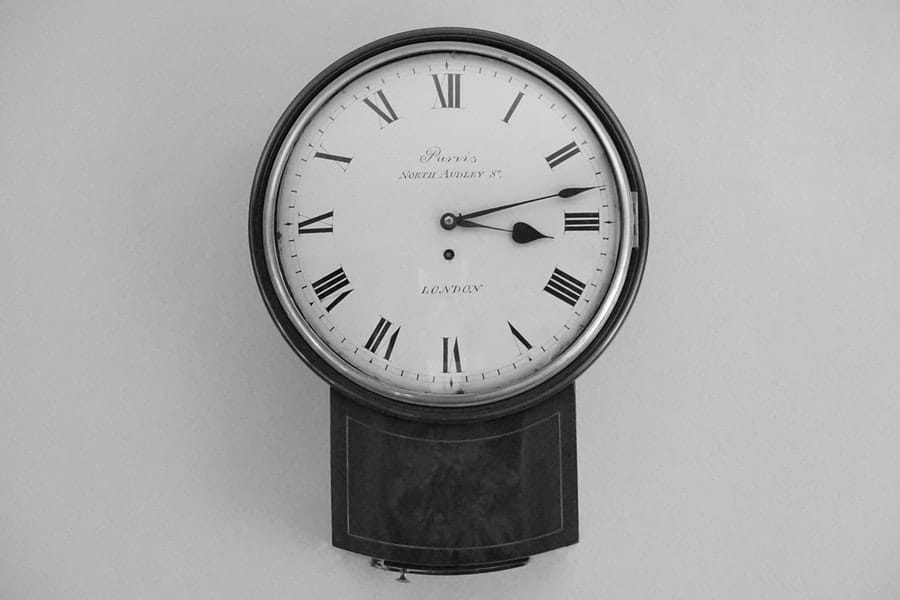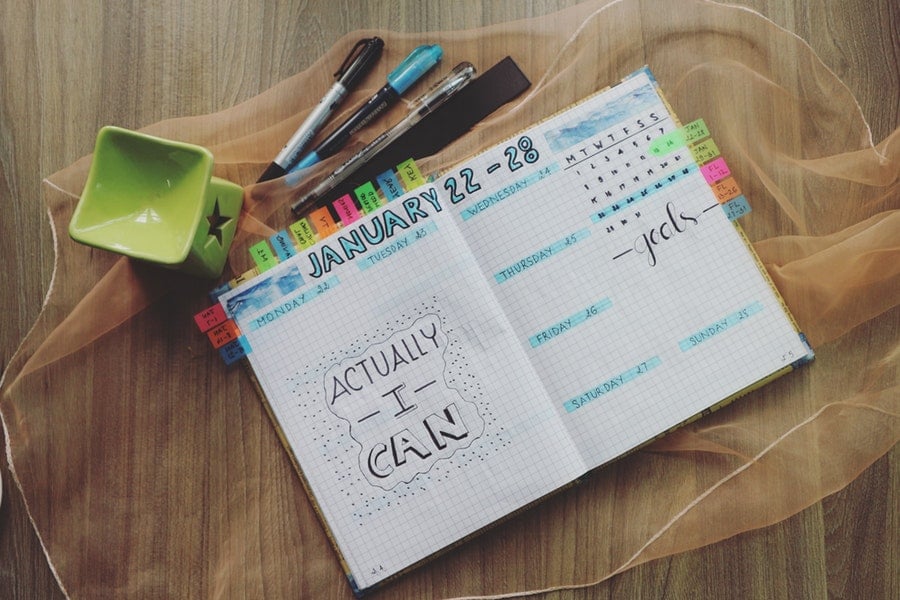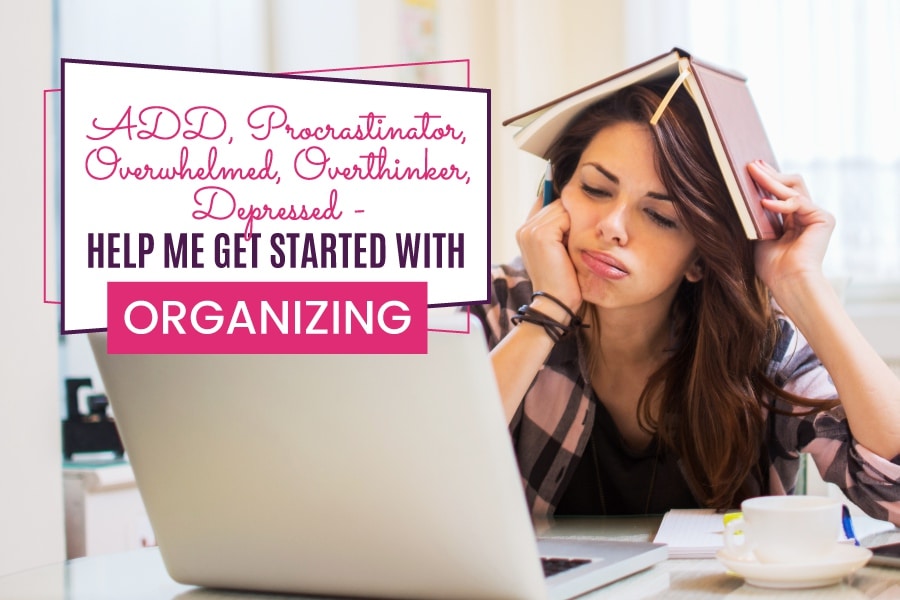Getting started on organization can be difficult, and can be made even harder for someone who has depression or ADD. Even for those who don’t have mental health conditions, being a procrastinator or overthinking, or just feeling overwhelmed can make it feel like too much effort to get started on organization. Fortunately, it really is possible to organize life even with conditions or struggles that make it more difficult or complicated.
Here are some of the best ways for people with mental health issues and related concerns to start getting their life and their space organized.
1. Make a To-Do List

A list is the place where all organization starts. Even if someone is too depressed to do the things on the list, they can write them down. Procrastinator can make a “to do later” list, and those who are overwhelmed and overthinking things can jot down quick lists as they go from room to room and stop obvious issues. Lists are guidelines, and they can be revised and adjusted later.
Plus, a list is essential for those who have ADD, because they struggle with focus and may need to refer back to the list to remember what they wanted or needed to do. For anyone with mental health issues and related difficulties, there are very good reasons to make a list when they want to start getting organized.
2. Don’t Let the Perfect be the Enemy of the Good
Many people have heard the idea of “do it right, or not at all.” But what does “right” really mean? For those who have perfectionist tendencies, it could mean that nothing is really good enough. While it’s important to do things properly and to the best of one’s ability, that doesn’t mean it has to be perfect.
Everyone’s definition of that word may be a bit different. If things are cleaned up, organized, and safe, they are good enough. They don’t need color-coded folders, and they don’t need to be spotless. Get them done. Anyone can go back later and make adjustments if needed. But the key is to get started, and gain momentum toward getting organized.
3. Waiting for the “Right Time” Isn’t Right

The “right time” is now. That is the time to get started. There’s no point in waiting until things are “perfect,” because they will never be perfect. Procrastinator can often talk themselves out of doing something that can be put off, while those who are overwhelmed wonder how they will do one more thing and depressed people don’t see the point in doing anything at all. But anyone with mental health struggles must realize that the “right” time isn’t ever going to materialize. It is not about waiting for the right time. It’s about using the current time in the right way. Getting started will lead to continuing, in most cases.
4. Limit the Priority List — Because Some Things Can Wait
While it shouldn’t be used as an excuse to procrastinate, some things really can wait for another time. By prioritizing the list that was made earlier, it’s possible to do the things that are most important. The other things on the list shouldn’t be ignored, but they should be left for after the other, more important, things have been completed. By prioritizing the list, the issues that have to be taken care of will be more likely to be completed. If the other items need to wait because of feeling overwhelmed or too tired, or because time has run out that day, it won’t be as much of a problem.
5. Choose a Good Calendar or Planner for Scheduling

Without a good, visual representation for scheduling, it can be very hard to keep things moving in the right direction. Yes, it can be hard to start on anything when depression, ADD, or other issues are present. But people who suffer from these conditions can get and stay organized. It may take a little bit more time, but it’s well worth the effort. With a good calendar or planner, it’s much easier to make notes and adjustments, so the organizational tasks can get completed one by one and be checked off the list. The sense of satisfaction that comes with that can really improve mood and make a difference.
People are not defined by their illnesses or the struggles they have. Remember that people can do so much more than they think they can. With ADD, depression, or just a feeling of being overwhelmed, making a list and working through it can mean getting — and staying — organized. That can help reduce procrastination, and also help overthinkers realize that sometimes just doing is the right choice.


It sounds simple but it isn’t. I like how your , everyone can do this attitude is stated throughout. Thank you! I will certainly be trying to follow your suggestions after many previous falters.